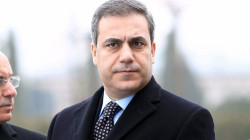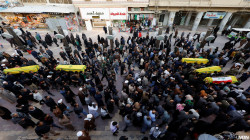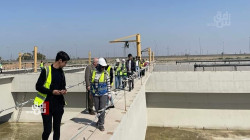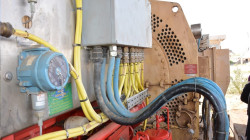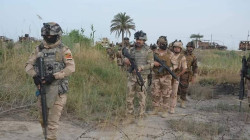Iraq to build justice complex, central prison in Kirkuk
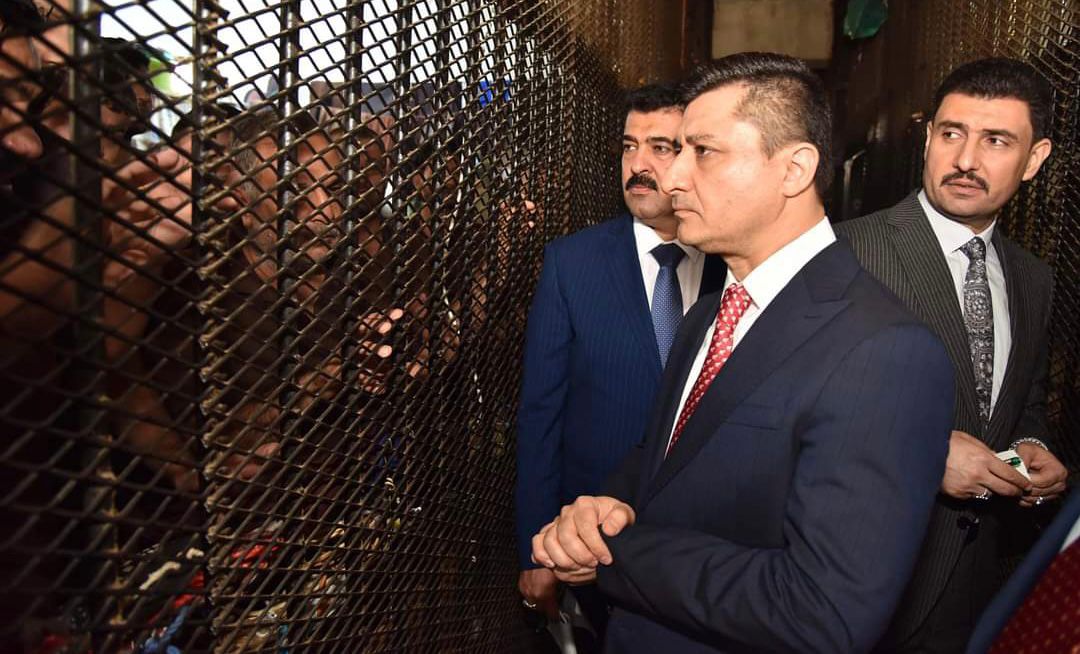
Shafaq News/ Iraq's Justice Minister Khalid Shawani on Monday announced plans to construct a new judicial complex and central prison in Kirkuk in a bid to improve access to justice and detention facilities in the governorate.
"The Ministry of Justice has secured a plot of land in central Kirkuk to house all our departments under one roof," Shawani told Shafaq News Agency. "This will streamline the processing of requests for residents."
The new complex will centralize the Ministry of Justice's various departments in Kirkuk, improving efficiency and accessibility for residents seeking legal services, according to the minister.
Shawani added that the ministry had also "obtained all necessary approvals to build the first central reform prison in the Leilan district, southeast of Kirkuk."
"This central prison will have federal authority and will accommodate prisoners from Kirkuk and surrounding areas," he said, "while also ensuring that their families have access."
The conditions of Iraqi prisons after the 2003 invasion of Iraq continue to be dreadful. Prisons in Iraq are overcrowded, lack prerequisites for basic needs, and have abysmal medical facilities, resulting in the prevalence of several diseases. Iraqi prisons are extremely crowded as some operate at a 300% capacity, according to the spokesman for the Iraqi justice ministry. According to the United Nations, "more than 60,000 people, including about 1,000 women, are detained in 13 government prisons. In addition, dozens of secret prisons run by militias, political parties, and various tribal and other factions." Some prisoners are charged but they remain for months if not years, while others stay in prison without being charged.
According to some sources, 28,000 prisoners are charged, while another 29,000 are still waiting to be charged. In three pretrial facilities in the Nineveh governorate, there is a maximum capacity of 2,500 people, but it was holding 4,500 prisoners and detainees. One thousand three hundred of those were tried and convicted but have not been transferred to Baghdad more than six months after their convictions.
